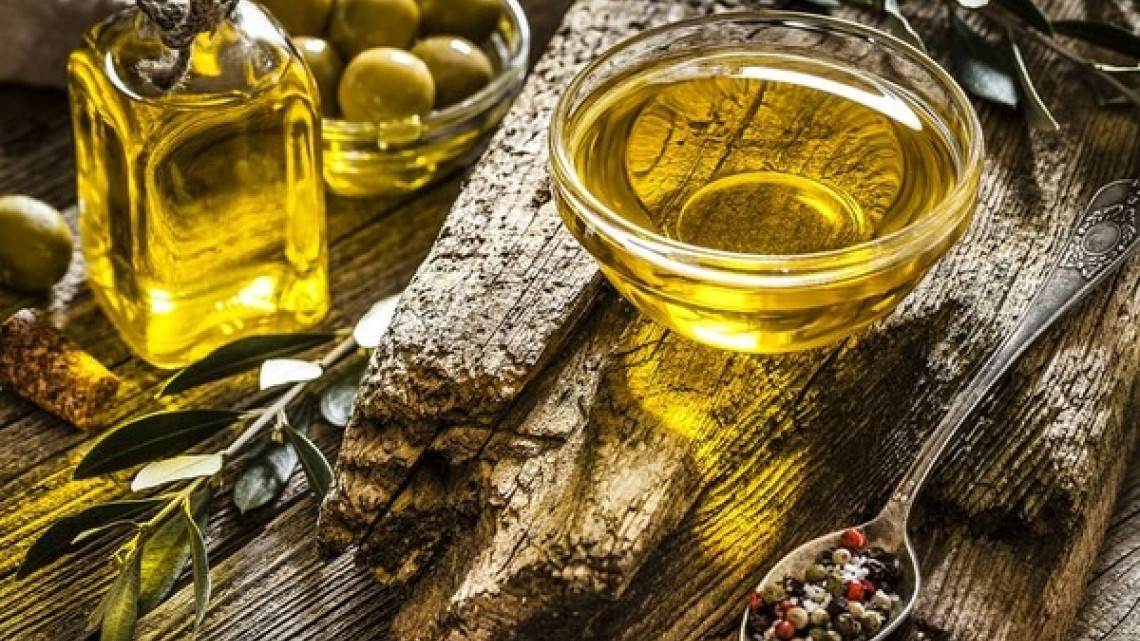ΤΟ ΥΨΗΛΑ ΦΑΙΝΟΛΙΚΟ ΕΛΑΙΟΛΑΔΟ ΚΑΙ Η ΘΕΤΙΚΗ ΤΟΥ ΕΠΙΔΡΑΣΗ ΣΕ ΕΝΗΛΙΚΕΣ ΠΟΥ ΔΙΑΤΡΕΧΟΥΝ ΚΙΝΔΥΝΟ ΔΙΑΒΗΤΗ ΤΥΠΟΥ 2

H μεταγευματική επίδραση της λήψης εξαιρετικά παρθένου ελαιολάδου υψηλής περιεκτικότητας σε φαινολικά στην ενδοθηλιακή λειτουργίασε ενήλικες που διατρέχουν κίνδυνο διαβήτη τύπου 2: Μια τυχαιοποιημένη διασταυρούμενη δοκιμή.
Πρόσφατα η Njike και η ερευνητική της ομάδα συνέκριναν τις επιδράσεις του εξαιρετικά παρθένου ελαιόλαδου υψηλής περιεκτικότητας σε φαινολικά (EVOO) και του εξευγενισμένου ελαιόλαδου χωρίς πολυφαινόλες στην ενδοθηλιακή λειτουργία (EF) σε ενήλικες που διατρέχουν κίνδυνο για σακχαρώδη διαβήτη Τύπου 2 (T2DM). Σε αυτή τη τυχαιοποιημένη, ελεγχόμενη, διπλή-τυφλή, διασταυρούμενη δοκιμή 20 ενηλίκων (μέση ηλικία 56,1 έτη· 10 γυναίκες, 10 άνδρες) με προδιάθεση για T2DM 2 (δηλαδή, όπως ορίζεται είτε από τον προδιαβήτη είτε από το μεταβολικό σύνδρομο) οι ασθενείς χωρίστηκαν σε δύο ομάδες που θα λάμβαναν διαφορετική θεραπεία. Οι πιθανές θεραπείες ήταν μίας δόσης (50 mL υψηλά φαινολικού ελαιολάδου και η δεύτερη 50 mL ραφιναρισμένου ελαιολάδου χωρίς πολυφαινόλες), με ένα διάστημα 1 εβδομάδας χωρίς διατροφική παρέμβαση.
Οι συμμετέχοντες έλαβαν τα ελαιόλαδα τους σε ένα smoothie που αποτελείται από ½ φλιτζάνι κατεψυγμένα βατόμουρα και 1 φλιτζάνι γιαούρτι με χαμηλά λιπαρά και γεύση βανίλια αναμεμειγμένα. Οι συμμετέχοντες αξιολογήθηκαν πριν και 2 ώρες μετά την τη θεραπείας με ελαιόλαδο που τους είχε ανατεθεί. Στα αποτελέσματά τους, οι ερευνητές έδειξαν ότι το φαινολικό ελαιόλαδο βελτίωσε σημαντικά την ενδοθηλιακή λειτουργία σε σύγκριση με το εξευγενισμένο ελαιόλαδο (1,2 ± 6,5% έναντι −3,6 ± 3,8%, p = 0,0086). Δεν παρατηρήθηκαν σημαντικές επιδράσεις στη συστολική ή διαστολική αρτηριακή πίεση.


Fig. Effect of weeks daily consumption of extra virgin high polyphenol olive oil (HPOO) and low polyphenol olive oil
(LPOO) on total antioxidant capacity (TAC) and on on high-sensitivity C-reactive protein (hs-CRP).
